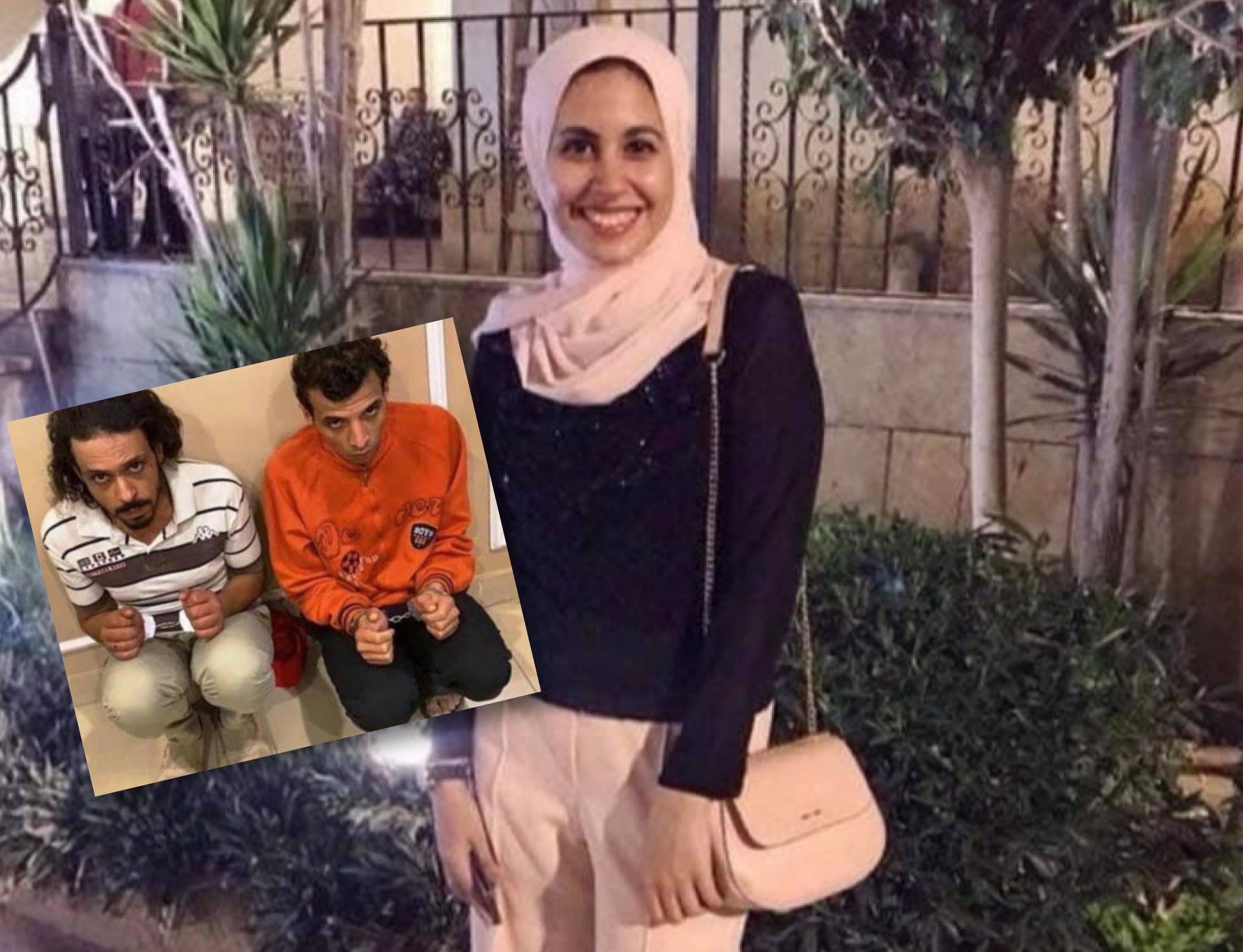In less than 24 hours, social networking sites in Egypt were swept with a wave of sympathy and anger after the killing of a 24-year-old woman in 9th Street in Maadi, south of the capital Cairo.
Maryam, a bank employee, was walking on 9th Street in Maadi, where she was harassed by two people who pulled at her handbag. As a result, she was dragged down the street, fell to the ground, and was crushed under the wheels of the car. The images circulating from the surveillance cameras for the incident aroused anger and sympathy. A hashtag entitled The Maadi Girl, spread on communication platforms in Egypt.
Several sources stated that the incident was due to the defendants’ attempt to harass her and attempt to steal her bag after leaving the bank’s headquarters where she worked. The girl clung to her bag and tried to flee from her pursuers, and she remained in this position until she was dragged for several metres before she fell under the car and died.
Maadi girl
Thousands demanded that the security services quickly arrest Maryam’s perpetrators before the Ministry of Interior announced at a later time the arrest of the perpetrators of the crime. The tweeters expressed their anger at the lawlessness of security in Egypt’s streets and the increase in harassment and robbery crimes even in the capital’s streets, accusing the security services of tracking political opponents and ignoring criminal gangs.
Many activists have expressed their fear and concern for their daughters in light of the increase in crimes and the brutality of criminals and their impunity, calling for tougher laws in such crimes. Activists attacked the violence, bullying, harassment, and drug promotion presented in some movies and series that contributed to spreading crimes. The tweeters accused some of the artists who showed through their dramatic works the criminal in the hero’s image and promoted harassment and theft in a favourable way for young people, in addition to encouraging artistic and lyrical works on drug abuse. In 2014, the authorities increased the punishment for the crime of harassment to six months imprisonment and a fine of not less than EGP 3,000 (about $170 US) and not more than EGP 5,000 (about $280).
Many observers believe that the penalties are not deterrents and that the perpetrator is imprisoned for a short period after which he returns to committing his crimes and terrorising society. After the wave of anger, resentment, and sympathy with the Maadi girl, the security services announced that they had arrested those accused of stealing and dragging the girl to death and made it clear that they were among those registered as dangerous and who had criminal records. A security source added in a press statement that one of the accused drove the car and approached the victim, and the other snatched the bag from the victim. In contrast, sources and eyewitnesses confirmed that the incident was caused by harassment, not theft.
The Maadi prosecution ordered that the defendants be detained for four days pending investigations, and the prosecution charged the defendants with murder associated with coerced theft. The Maadi girl incident comes as Egypt in recent months witnesses a number of incidents of harassment and sexual assault against women.
The investigation authorities have taken legal measures regarding some of these incidents, while some are still calling for more official support for women regarding what they are exposed to in the streets and workplaces. There are no recent official statistics on harassment in Egypt. A study conducted by the Egyptian Centre for Women’s Rights in 2008 stated that 83 per cent of women confirmed that they were sexually harassed daily. A study issued by the Thomson Reuters Foundation, published in 2017, concluded that Cairo is one of the most dangerous cities in the world for women.





Recent Comments